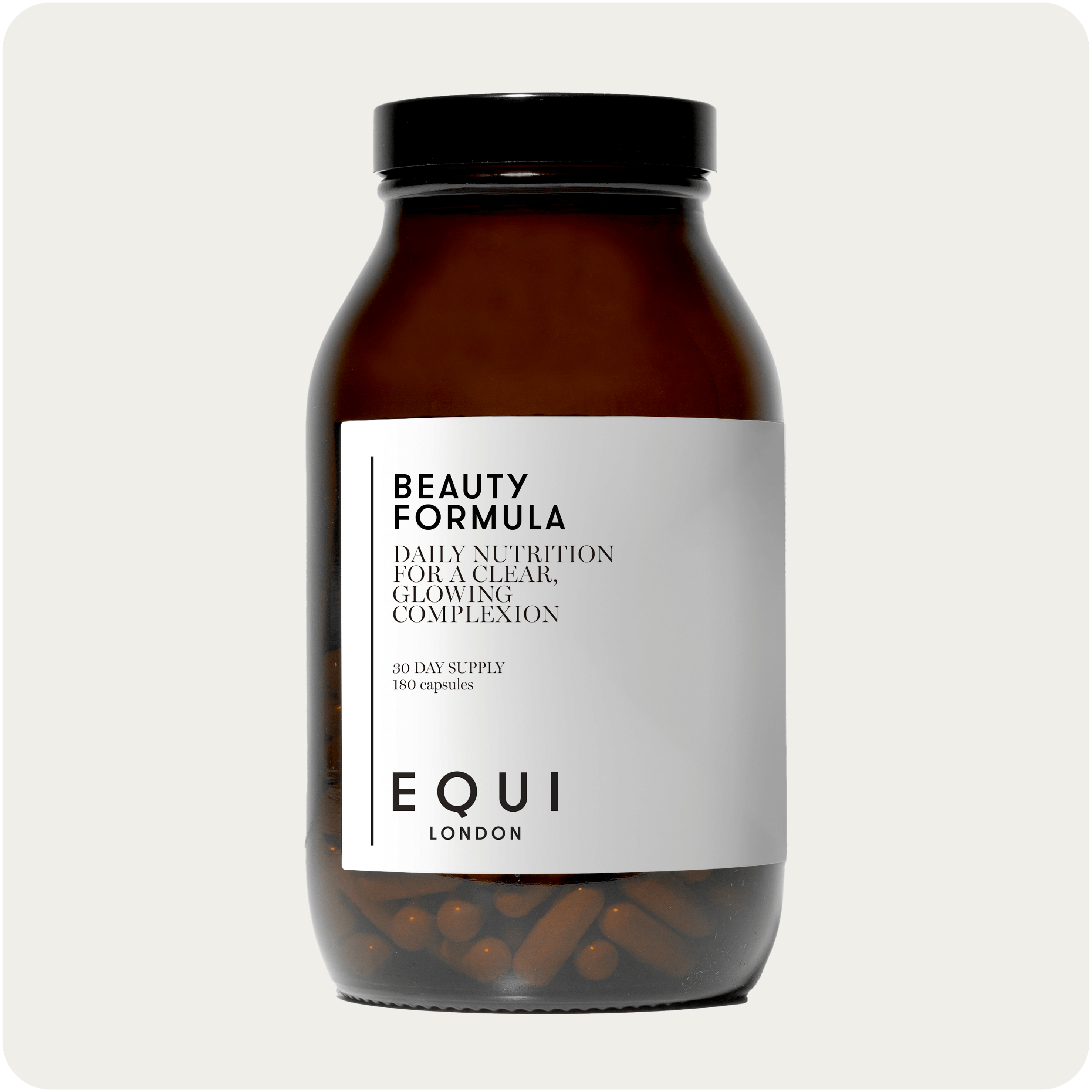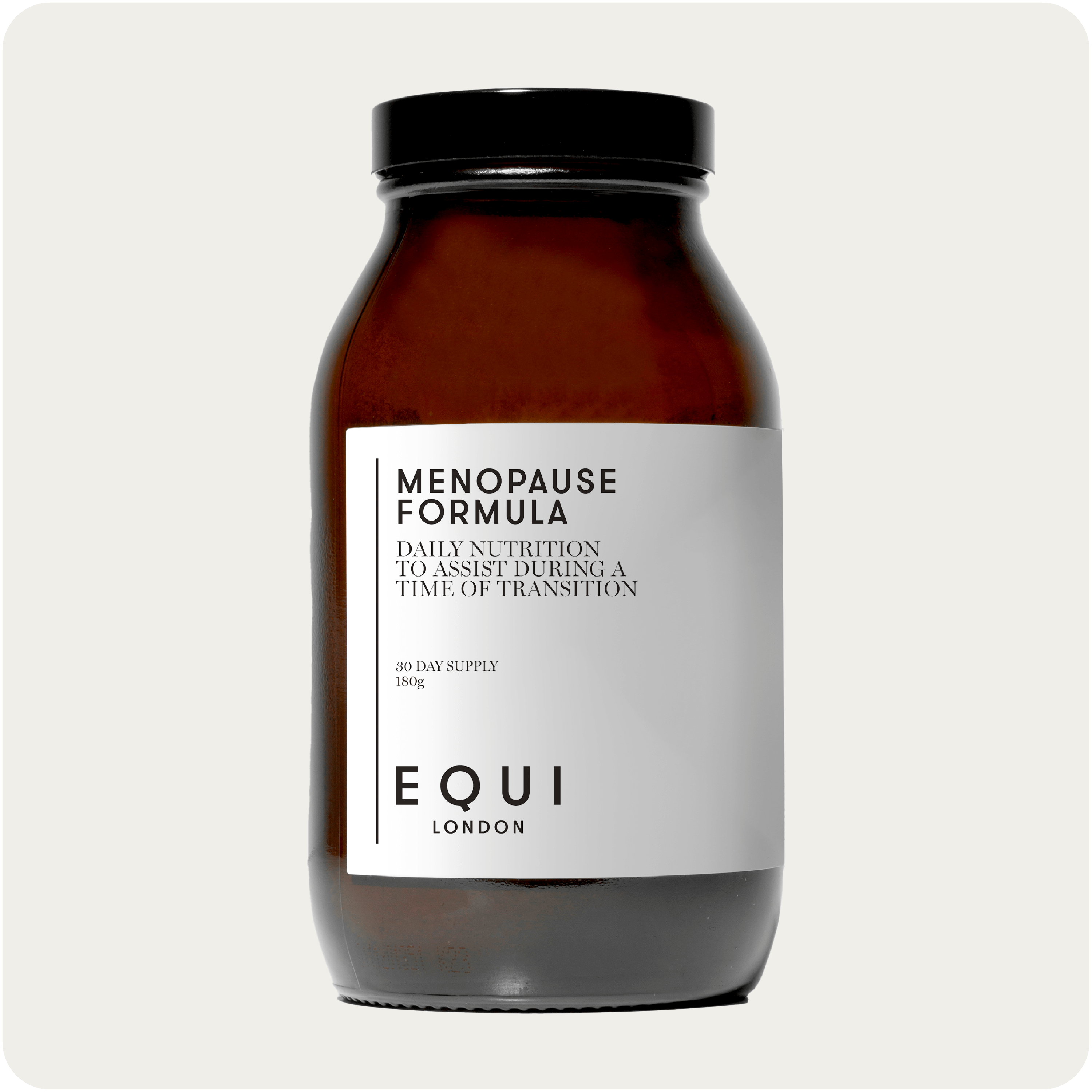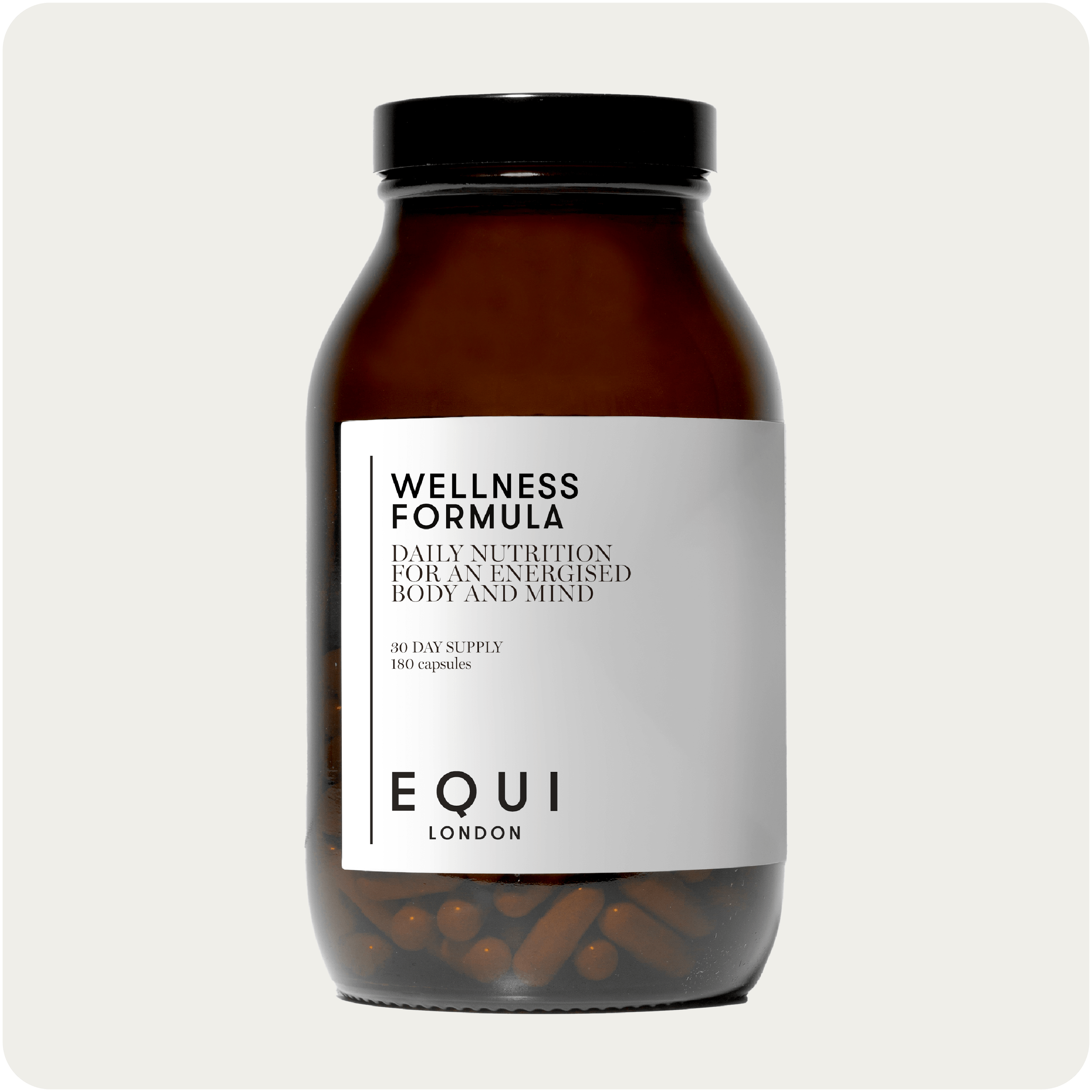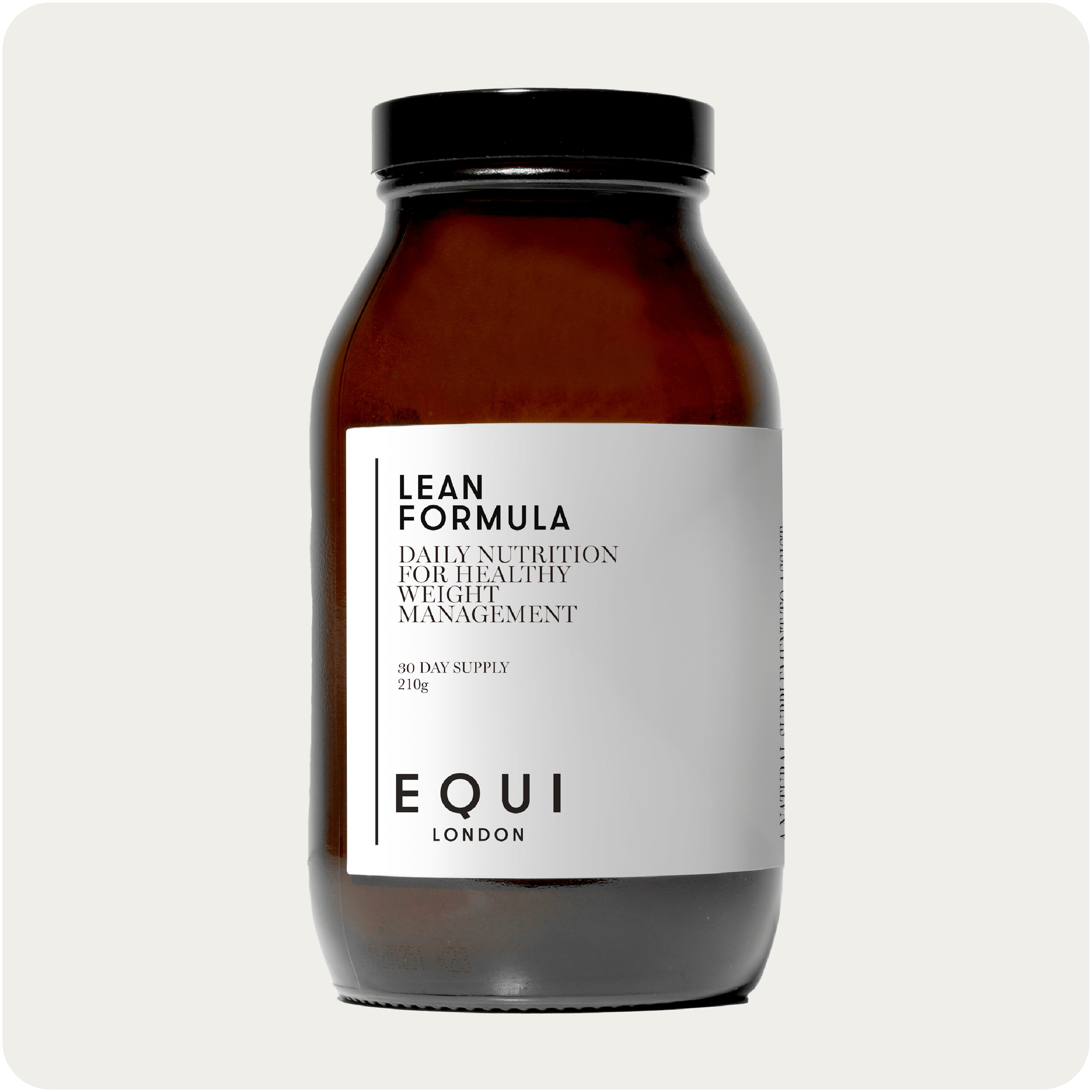 Welcome to today’s blog, where we will explore our body's very own stress hormone, cortisol and its natural daily cycle. Often painted as the villain in our body's complex biochemical systems, is actually more of a misunderstood hero. Yes, it's the stress signal, waking us up each morning, but it's also necessary, playing lead roles in regulating blood sugar, reducing inflammation, and controlling our sleep-wake cycle. It’s this delicate balance that we aim to master, turning what's frequently seen as a foe into an ally. Imagine cortisol as the tide, ebbing and flowing in a rhythm dictated by the sun, the moon, and at the very core of our wellbeing. This rhythm, our cortisol cycle, is a dance of hormones that, when in harmony, orchestrates a symphony of health, energy, and tranquillity. But when the music falters, when stress becomes an issue, it's this very cycle that bears the brunt, leading to sleepless nights, days filled with anxiety, and a body that feels perpetually on edge.
Welcome to today’s blog, where we will explore our body's very own stress hormone, cortisol and its natural daily cycle. Often painted as the villain in our body's complex biochemical systems, is actually more of a misunderstood hero. Yes, it's the stress signal, waking us up each morning, but it's also necessary, playing lead roles in regulating blood sugar, reducing inflammation, and controlling our sleep-wake cycle. It’s this delicate balance that we aim to master, turning what's frequently seen as a foe into an ally. Imagine cortisol as the tide, ebbing and flowing in a rhythm dictated by the sun, the moon, and at the very core of our wellbeing. This rhythm, our cortisol cycle, is a dance of hormones that, when in harmony, orchestrates a symphony of health, energy, and tranquillity. But when the music falters, when stress becomes an issue, it's this very cycle that bears the brunt, leading to sleepless nights, days filled with anxiety, and a body that feels perpetually on edge.
Why does this matter, you ask? Because in understanding this cycle, in learning its beats and rhythms, lies the secret to not just coping with stress but thriving amidst it. The cortisol awakening response (CAR), that surge of energy that gets us out of bed, can be nurtured to become our morning ally. And the gentle decline of cortisol in the evening, preparing us for rest, can be soothing, guiding us to rejuvenating sleep. But here’s the twist in our tale: modern life, with its screens, never-ending to-do lists, and the constant pressures and urgency, often disrupts this natural cycle. Our mornings start with a jolt, our days are a relentless sprint, and our nights are anything but tranquil. The result? A cortisol cycle that's more rollercoaster than serene wave, leading to burnout, fatigue, and a host of other imbalances.
So, what can we do? How do we tune back into our body's natural rhythms and optimise our cortisol cycle? This blog is dedicated to unravelling just that. From the timing of your morning coffee to the power of proteins; from the magic of adaptogens like ashwagandha and reishi to the simple act of deep, mindful breathing; we'll explore actionable, easy-to-implement strategies designed to harmonise your cortisol levels. This blog will highlight the science of stress, the art of relaxation, and provide practical steps we can all take to find balance in our busy lives. We'll learn how to ride the cortisol wave with grace, turning stress from a foe to a friend, and transforming our daily experiences into opportunities for growth, health, and happiness. EQUI is rooted in EQUIlibrium and we will share how our Formulas help to bring the body back into balance. So, whether you’re feeling stressed or simply looking for ways to enhance your well-being, you’re in the right place. Let's discover how to optimise our cortisol cycle together and, in doing so, unlock the door to a more balanced, energised, and stress-resilient life.
Understanding Cortisol, The Body's Alarm System
Cortisol, often dubbed the "stress hormone," is indeed much more than just a marker of stress and anxiety. Produced by the adrenal glands located atop our kidneys, cortisol is a steroid hormone fundamental to our survival, orchestrating a range of processes that keep us ticking, from waking us up in the morning to managing how our bodies use carbohydrates, fats, and proteins. At its core, cortisol is part of the body’s intricate response system to stress. When faced with a challenge, the adrenal glands release cortisol into the bloodstream, triggering an increase in glucose levels to provide immediate energy to muscles, sharpening memory functions, and lowering sensitivity to pain. However, cortisol’s role extends far beyond stress management. It’s integral to our metabolism, helping regulate blood sugar levels, acting as an anti-inflammatory agent, and playing a crucial role in maintaining our circadian rhythm – our internal body clock that dictates our sleep-wake cycles. Research highlights cortisol's critical functions, including its effect on various processes in the body, immune responses, and its ability to help us manage stress (1). This balance is vital; just as too little cortisol can lead to fatigue, weakness, and a decrease in blood pressure, too much can contribute to weight gain, high blood pressure, and can even impair the immune system. Therefore, balance, or EQUI-librium is key!
Cortisol’s influence on metabolism is pretty incredible. It not only helps in the breakdown of fats and proteins to produce energy but also stimulates the liver to release glucose, ensuring that our bodies have the necessary resources to respond to any stressors that might come our way. This metabolic role is crucial during fasting states, intense exercise, or any situation demanding an extra energy boost. In a nutshell, cortisol facilitates the mobilisation of energy stores to meet any increased demands during stress. Interestingly, cortisol also has a dual role in inflammation and our immune function. While short-term increases in cortisol can bolster the immune response to fend off invaders, chronic elevated levels can suppress the immune system, making the body more susceptible to infections and diseases. This immunosuppressive effect underscores the importance of cortisol in balancing the body’s immune system. Cortisol levels are meant to fluctuate throughout the day, peaking in the early morning to help wake you up and gradually declining towards the evening, allowing your body to wind down and prepare for sleep. This diurnal pattern, essential for the circadian rhythm, is pivotal for optimal health and well-being. Research shows us that disruptions in cortisol’s natural cycle can affect sleep quality, mood, and overall health (2). So, cortisol is all about balance –whilst its essential to our daily routines, it’s also potentially harmful when out of sync. The role it plays, from our stress response, metabolism, inflammation control, to the circadian rhythm underscores the importance of maintaining a balanced cortisol level for our health and well-being.
The Cortisol Awakening Response (CAR) and Circadian Rhythms
Cortisol plays a pivotal role far beyond stress management; it influences our daily energy levels, mood, and overall health via our circadian rhythm. Understanding the natural ebb and flow of cortisol, characterised by the Cortisol Awakening Response (CAR) and the circadian rhythm, unveils the incredible impact these hormonal fluctuations have on our daily lives. The CAR is a significant increase in cortisol levels occurring within the first 30-45 minutes after waking. This surge is not merely a reaction to morning stressors but a fundamental part of our biological clock that helps transition the body from a state of sleep to wakefulness. The elevation in cortisol levels in the morning boosts our energy, alertness, and ability to face the day's challenges. This morning surge in cortisol is part of a broader rhythm governed by our circadian clock, which dictates our sleep-wake cycle, feeding patterns, and other processes in the body. Cortisol levels naturally peak in the early morning hours and gradually decline throughout the day, reaching their lowest point at night. This decline is crucial for allowing the body to unwind and prepare for sleep. If you have noticed how stress affects your sleep, then you are not wrong - studies highlight the importance of the natural rhythym of cortisol, noting that disruptions in its normal decline as we approach the evening can significantly affect sleep quality and overall health (3).
The significance of these peaks and troughs lies in their impact on our daily functioning. The morning peak in cortisol not only aids in waking us up but also helps in mobilising energy resources, regulating blood sugar levels, and supporting immune function. On the flip side, the evening decline in cortisol is essential for promoting relaxation, enabling restorative sleep, and facilitating the body's repair processes during the night. However, modern lifestyles often disrupt these natural hormonal rhythms. Factors such as exposure to artificial light at night, irregular sleep schedules, and chronic stress can alter cortisol patterns, leading to a host of health issues. For instance, elevated cortisol levels in the evening can hinder sleep initiation and quality, while an inadequate CAR may affect daytime alertness and mood. Optimising our daily routines to support these natural cortisol fluctuations is crucial for maintaining health and well-being. Simple strategies, such as exposing ourselves to natural light in the morning, maintaining a consistent sleep schedule, and managing stress through relaxation techniques, can help align our cortisol levels with our circadian rhythm.
The Ripple Effects of High Cortisol Levels
Chronic stress and elevated cortisol levels can have a profound effect on our mental and physical well-being, leading to a cascade of health issues that disrupt daily life. Cortisol, while crucial for our body's stress response and essential functions, can become detrimental when its levels remain high for prolonged periods. This sustained elevation can impair mental clarity, affect mood, and hinder our ability to relax, setting the stage for burnout. Chronically high cortisol levels can significantly impact mental health and cognitive function. The brain's prefrontal cortex, responsible for executive functions such as decision-making, attention, and memory, is particularly sensitive to cortisol. Prolonged exposure to high cortisol levels can impair these cognitive processes, leading to diminished mental clarity and difficulty concentrating. Research demonstrates how sustained high cortisol levels can lead to hippocampal damage, affecting memory and learning (4). What’s more, elevated cortisol is associated with mood disorders; the dysregulation of cortisol has been linked to depression and anxiety (5). The body's natural stress response is designed to be acute, helping us deal with immediate threats or challenges. However, in today's fast-paced world, the stressors are often continuous, keeping the body in a perpetual state of "alert." You may be familiar with this constant state of stress. The problem with it, is that it prevents the parasympathetic nervous system from initiating the body's relaxation responses, making it increasingly difficult to unwind and relax. Over time, this can lead to burnout, which is characterised by extreme fatigue, detachment, and feelings of ineffectiveness.
Chronically high cortisol also disrupts hormone balance, leading to various physical health issues. One consequence is irregular menstrual cycles and spotting, as cortisol can interfere with the hormones responsible for reproductive health, such as oestrogen and progesterone. The adrenal glands, which produce cortisol, are part of the endocrine system, and their overactivity can upset the delicate hormonal EQUI-librium (6). This hormonal imbalance not only affects reproductive health but can also influence thyroid function, appetite regulation, and sleep cycles, further compounding the body's stress response. Hormonal imbalances can become increasingly problematic during specific life stages such during the perimenopause, when hormones are increasingly fluctuating. Recognising and addressing the signs of prolonged stress and elevated cortisol early is crucial for preventing long-term health consequences. Strategies to manage stress, such as mindfulness practices, regular moderate exercise, and ensuring adequate sleep, can help mitigate the effects of high cortisol levels.
If you think you may be affected by burnout, it’s important to seek professional help from your GP or healthcare provider. When symptoms persist, it is essential to seek professional advice to help develop effective coping strategies to restore hormonal balance.
Supporting Your CAR
Starting the day on the right foot is more than just a feel-good mantra; it's a scientifically grounded strategy to manage cortisol levels, ensuring they align beneficially with our body's natural rhythms. Cortisol, our "wake-up hormone," peaks in the Cortisol Awakening Response (CAR) within the first 30 to 45 minutes after waking. This natural surge plays a critical role in helping us feel alert and ready to face the day. However, modern habits, like immediately reaching for a cup of coffee upon waking, can disrupt this delicate balance, affecting not just our cortisol levels but our overall well-being. Delaying coffee consumption until 90 minutes after waking up allows your body to naturally enjoy the peak in cortisol levels without interference. Caffeine stimulates cortisol production; so, drinking coffee when your cortisol is already high can lead to excessive levels, potentially throwing off your hormone balance for the rest of the day. Studies support this, showing that caffeine can increase cortisol levels in the bloodstream, especially if consumed at times when cortisol is peaking naturally (7). When you do indulge in your morning coffee, pairing it with a protein-rich breakfast such as eggs or a chia pudding with Greek yoghurt can further help in stabilising both cortisol and blood sugar levels. Protein provides essential amino acids that can slow the absorption of caffeine and sugar into the bloodstream, moderating cortisol spikes and supporting sustained energy levels. Research highlights the importance of dietary protein in modulating energy metabolism and cortisol response, suggesting that a balanced breakfast can mitigate the potential stress response to caffeine and improve metabolic health (8).
Supplementing with a B complex in the morning can be particularly beneficial for energising your CAR and ensuring a smooth transition into the day. B vitamins play a vital role in energy production, stress management, and maintaining healthy nervous system function. They can support the body in managing the physiological demands of stress, thereby potentially reducing the need for excessive cortisol production. Research demonstrates that supplementation with B vitamins improves mood and reduces subjective stress in healthy individuals, indicating their role in supporting a balanced stress response (9). Meanwhile, Siberian Ginseng, found in Wellness Formula, and known scientifically as Eleutherococcus senticosus, plays a supportive role in enhancing the Cortisol Awakening Response (CAR) through its adaptogenic properties. It helps the body manage stress more effectively, potentially optimising cortisol levels upon waking. It contributes to a more balanced and effective CAR, can help improve energy, resilience to stress, and overall well-being, making the transition from sleep to wakefulness smoother and more energised.
Managing cortisol levels starts from the moment we wake up. Adapting our morning rituals to support our body's natural hormone rhythms can lead to profound benefits in how we feel and function daily. This is where EQUI comes in – each Formula contains an advanced multivitamins and minerals complex, including B-vitamins, which work in synergy to reduces tiredness and fatigue. Our Formulas are a female-specific and targeted spectrum of bio-available vitamins and minerals, formulated to support each of the ten systems in the body. All you need to do is FIND YOUR FORMULA.
Evening Strategies to Avoid Cortisol Spikes
Managing cortisol requires a holistic approach that spans from dawn till dusk. While the morning Cortisol Awakening Response (CAR) sets the tone for the day, maintaining balanced cortisol levels throughout the afternoon and evening is crucial for overall health and well-being. Elevated cortisol levels in the latter part of the day can disrupt sleep patterns, affect mood, and even lead to long-term health issues. Here, we explore strategies to keep cortisol in check as the day progresses, emphasising the role of adaptogens, dietary adjustments, and lifestyle interventions. One effective way to manage cortisol levels later in the day is through engaging in calming activities. Practices such as yoga, meditation, and deep-breathing exercises have been shown to significantly reduce cortisol levels. A study demonstrated that regular meditation practice leads to reductions in cortisol, highlighting its efficacy as a stress management tool (10). Even a simple strategy of taking more regular and consistent breaks throughout the day can make a big difference. You can read more about this in our productivity blog here. Incorporating mindful practices into your day and paying attention to your evening routine can help signal to your body that it’s time to wind down, supporting a natural decrease in cortisol levels.
Of course, we couldn’t not mention that dietary choices play an important role in modulating cortisol levels. Consuming a diet rich in whole foods, with an emphasis on vegetables, fruits, whole grains, and lean proteins, can stabilise blood sugar levels and prevent cortisol spikes. Specifically, foods high in omega-3 fatty acids, such as fatty fish, walnuts, and flaxseeds, have been shown to reduce cortisol levels. One study found that omega-3 supplementation lowered cortisol levels during stress, underscoring the importance of these fatty acids in stress management (11).
Our Oil Editions contain super bioavailable essential fatty acid omega 3, the ultimate superfood. Beauty Oil Edition is the first beauty specific omega-3 krill oil supplement, whilst Menopause Oil Edition is a daily nutrient-rich oil specifically formulated for the needs of a woman in their forties and beyond. Pregnancy Oil Edition is a premium omega 3 fish oil rich in DHA to support the healthy development of the baby’s brain, eyes and nervous system whilst also supporting mum's skin and mood. Shop Oil Editions here.
Adaptogens like reishi mushroom and KSM66® organic ashwagandha are prized for their ability to support adrenal health and modulate stress and cortisol levels. Adaptogens work by helping the body adapt to stress and exerting a normalising effect on bodily processes. KSM66® ashwagandha, in particular, has been extensively studied for its stress-reducing properties. A randomised, double-blind, placebo-controlled study showed that ashwagandha root extract significantly reduced stress and serum cortisol levels in adults, making it a valuable supplement for managing stress and supporting adrenal health (12). You can find reishi mushroom in our best-selling Beauty Formula, whilst our much-loved Menopause Formula contains KSM66® organic ashwagandha. In addition to adaptogens, certain nutrients are vital for supporting the body’s stress response in the evening. Magnesium, particularly in the bisglycinate form, is often referred to as the "relaxation mineral,". It’s crucial for stress management and can help improve sleep quality. Vitamins B6 and C also play roles in reducing cortisol levels and supporting adrenal function. Incorporating foods rich in these nutrients, such as leafy greens (magnesium), citrus fruits (vitamin C), and poultry (vitamin B6), can help maintain balanced cortisol levels.
Managing cortisol levels is an all-day endeavour that requires attention to both lifestyle and dietary habits. By engaging in calming activities, making informed dietary choices, utilising adaptogens like reishi and ashwagandha, and focusing on key nutrients, you can effectively modulate your stress response, prevent late-day cortisol spikes, and support overall health and well-being. Each Formula contains advanced multivitamins and minerals including a B complex, magnesium, and vitamin C. Shop all our Formula’s here.
Disclaimer: All of the information on this website is provided for general information only, it should not be treated as a substitute for the medical advice of your own doctor or any other health care professional providing personalised nutrition or lifestyle advice. If you have any concerns about your general health, you should contact your local health care provider. No one diet or supplement regime works for everyone and you should always seek help from a GP and registered health expert before making changes to your diet, or before introducing any supplements. This is especially important when pregnant.
References
- Ranabir, S., & Reetu, K. (2011). Stress and hormones. Indian Journal of Endocrinology and Metabolism, 15(1), pp. 18–22.
- Wright, K. P., Drake, A. L., Frey, D. J., Fleshner, M., Desouza, C. A., Gronfier, C., & Czeisler, C. A. (2015). Influence of sleep deprivation and circadian misalignment on cortisol, inflammatory markers, and cytokine balance. Brain, Behavior, and Immunity, 47, pp. 24–34.
- Wright, K.P., Drake, A.L., Frey, D.J., Fleshner, M., Desouza, C.A., Gronfier, C., & Czeisler, C.A. (2015). Influence of sleep deprivation and circadian misalignment on cortisol, inflammatory markers, and cytokine balance. Brain, Behavior, and Immunity, 47, pp. 24-34.
- Luethi M, Meier B, Sandi C. (2009).Stress effects on working memory, explicit memory, and implicit memory for neutral and emotional stimuli in healthy men. Front Behav Neurosci. 15, 2, p. 5.
- Burke, H.M., et al. (2005). Depression and cortisol responses to psychological stress: A meta-analysis. Psychoneuroendocrinology, 30(9), pp. 846-856.
- Whirledge, S., & Cidlowski, J.A. (2010). Glucocorticoids, stress, and fertility. Minerva Endocrinologica, 35(2), 109-125.
- Lovallo, W.R., et al. (2006). Cortisol responses to mental stress, exercise, and meals following caffeine intake in men and women. Pharmacology Biochemistry and Behavior, 81(3), pp. 441-7.
- Paddon-Jones, D., et al. (2008). Protein, weight management, and satiety. The American Journal of Clinical Nutrition, 87(5), 1558S-1561S.
- Stough, C., et al. (2011). The effect of 90-day administration of a high dose vitamin B-complex on work stress. Human Psychopharmacology: Clinical and Experimental, 26(7), 470-476.
- Tang, Y.Y., et al. (2015). The neuroscience of mindfulness meditation. Nature Reviews Neuroscience, 16(4), 213-225.
- Delarue, J., et al. (2003). Fish oil prevents the adrenal activation elicited by mental stress in healthy men. Diabetes & Metabolism, 29(3), 289-295.
- Chandrasekhar, K., Kapoor, J., & Anishetty, S. (2012). A prospective, randomized double-blind, placebo-controlled study of safety and efficacy of a high-concentration full-spectrum extract of ashwagandha root in reducing stress and anxiety in adults. Indian Journal of Psychological Medicine, 34(3), pp. 255-262










